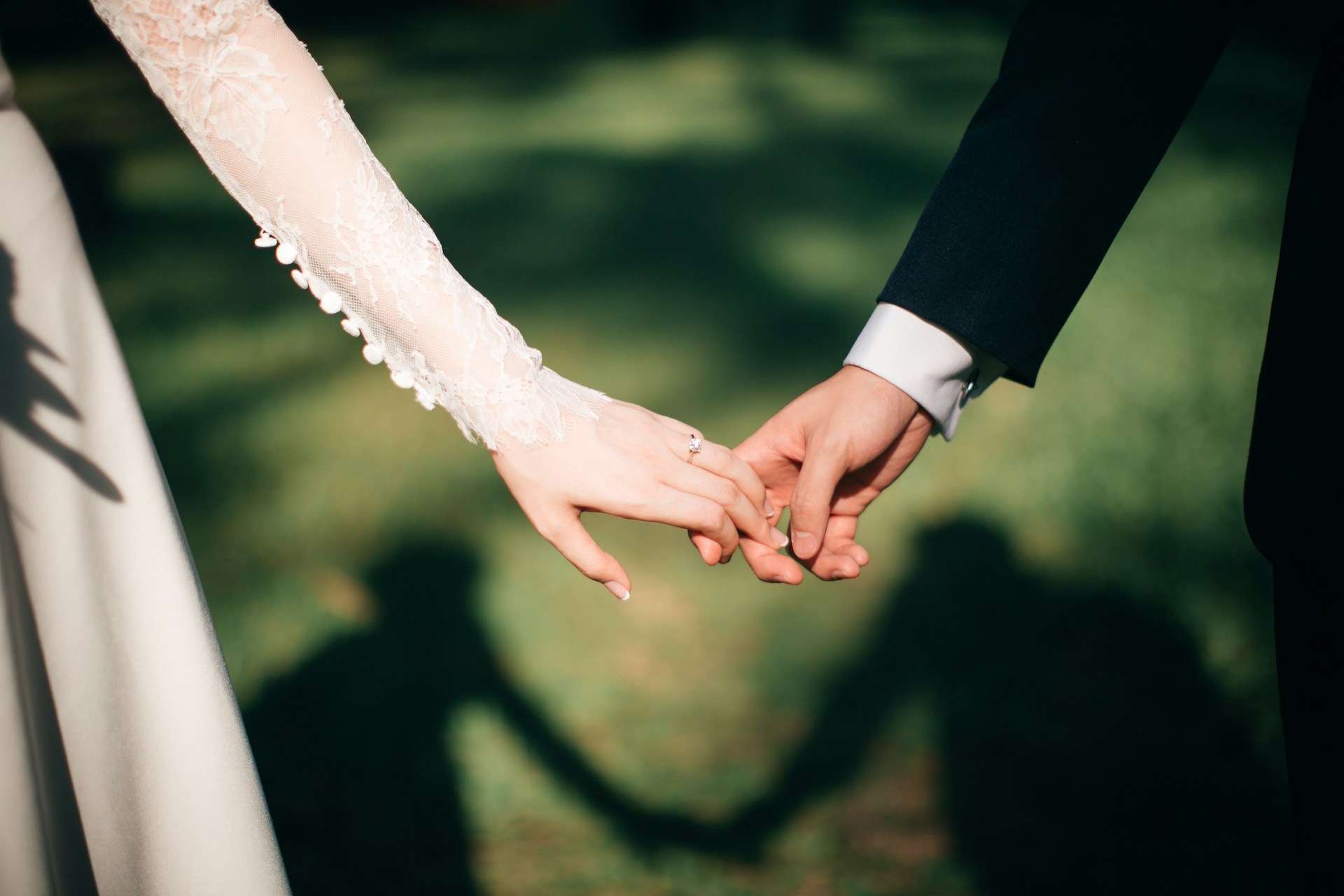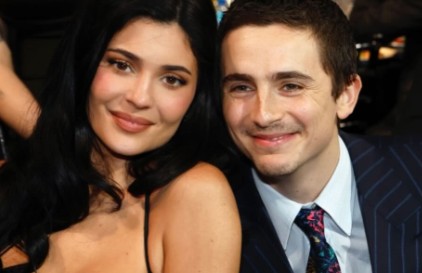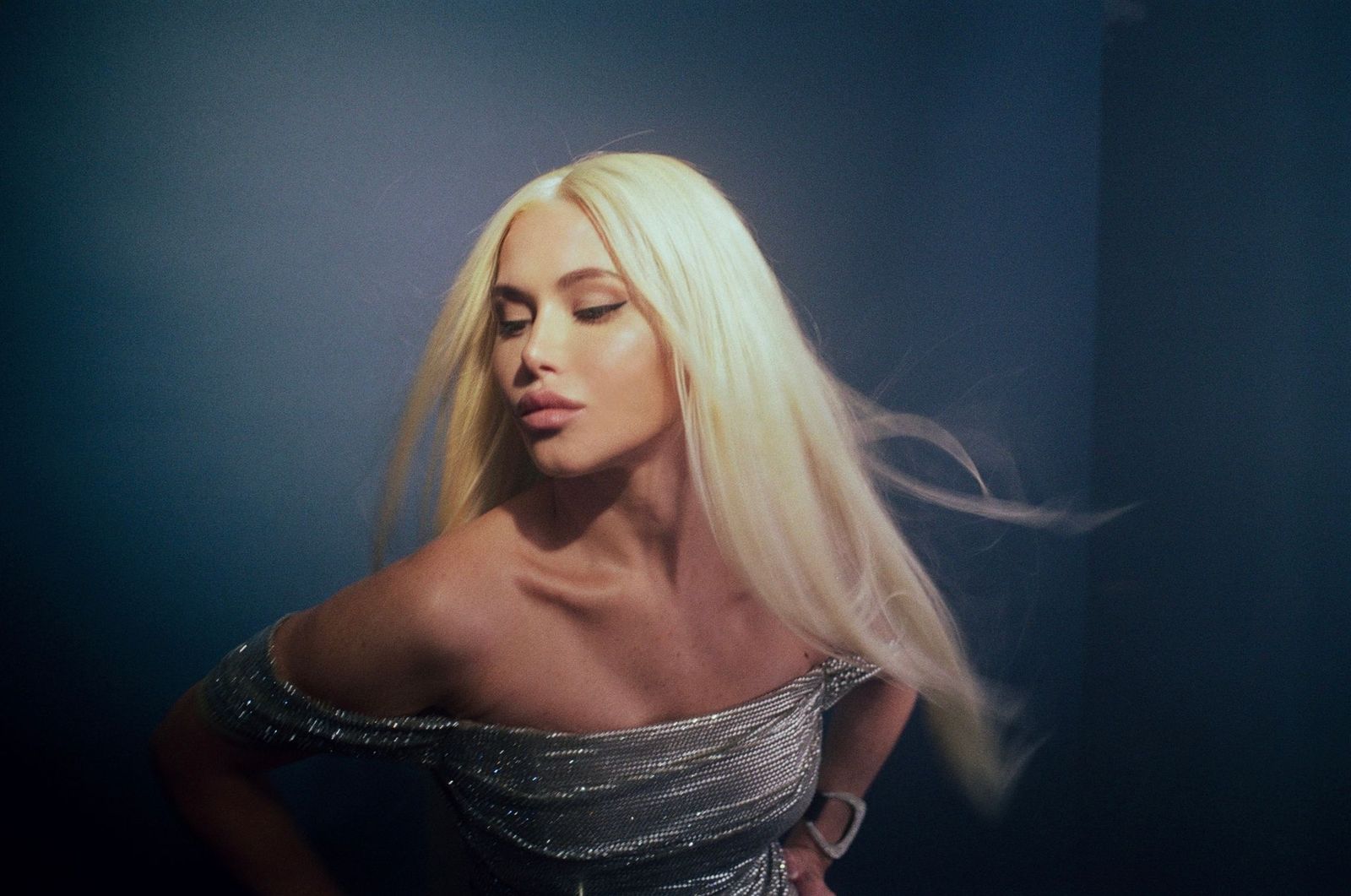Film
Kristen Stewart’s “Charlie’s Angels” Character Is “Definitely Gay”—But Is That Enough?
18 Nov, 19
Kristen Stewart has the Internet in a tizzy thanks to her role in Charlie’s Angels, and her performance as Sabrina has a lot of people questioning their sexuality (or celebrating what they already knew).
Thanks to the omnipotence of the Internet, Sabrina’s queerness isn’t in question. According to Out Magazine, in an interview with PrideSource, the director Elizabeth Banks confirmed that the character is “definitely gay in the movie.”
That doesn’t mean that Sabrina is exactly overt about her sexuality in the film, though—there are no lines in the script about her sexual orientation. According to Banks, this was purposeful. “When I cast [Kristen Stewart], I just wanted her to be… I just felt like she’s almost the way Kristen is. I don’t feel there is a label that fits her,” she told Digital Spy. “The only thing that was important to me was to not label it as anything. It’s fine if the media wants to label it, I think that’s OK, but I didn’t do that. I just let her be herself in the film.”
Apparently, Stewart “wanted to be gay” in the movie, though she’s also not hung up on labels. “I just think we’re all kind of getting to a place where—I don’t know, evolution’s a weird thing—we’re all becoming incredibly ambiguous,” she said in an interview in which she also clarified that she doesn’t exactly identify as bisexual anymore. “And it’s this really gorgeous thing.”
This philosophy feels aligned with our current moment, where the boundaries of sexuality, gender, and other paradigms are constantly blurring and shifting. On the other hand, there’s a fine line between refusing labels as an act of protest and refusing labels as a way of ultimately obscuring identities, thus winding up back where we began.
Is Charlie’s Angels queer-baiting? It’s definitely going too far to say that a film is queer-baiting simply for coding a character as gay without explicitly addressing their orientation, but Banks’s and the film’s treatment of Sabrina’s queerness still raises questions. How important are labels, and is our end goal to normalize them or disintegrate them completely?
In liberal Hollywood circles, perhaps it’s enough to express queerness as an implicit character trait, but in a world that still threatens LGBTQ+ people’s rights, there’s a dearth of characters that are out and proud. On the other hand, queerness and relationships aren’t anyone’s entire identity, and they shouldn’t have to be, onscreen or off.
Despite Banks’ insistence that her film is newly “woke,” Charlie’s Angels has always toed the line between regressive and revolutionary. According to Vulture, “You could chart a mini arc of corporate feminism onto the Charlie’s Angels franchise.” The film is about three attractive women who are empowered because they do the bidding of an invisible commander, after all, and what could be more reminiscent of the corporate world’s rapid consumption of the girl-boss illusion? A capitalist enterprise hasn’t improved simply because it’s being run by a woman, after all, and a film isn’t feminist just because it features female characters in positions of power. “What’s so depressing about the new film is that the most radical thing it can think to do to update this concept is to hint that Charlie has actually, this whole time, been a lady,” the article continues.
Similarly, a film isn’t pro-LGBTQ just because it tacitly implies a character’s queerness. It’s true that queerness is becoming more widely accepted and less stigmatized overall, though. (Stewart herself just gushed about wanting to propose to her girlfriend, Dylan Meyer). That means that we should be working towards representing more radical politics and more underrepresented identities onscreen, not just erasing all identity politics now that bisexuality has been subsumed into the realm of acceptable traits, and not just calling a film feminist because it stars a couple of women.
Feminist or not, Stewart’s performance (and costume choice) are so strong that her character’s existence is ultimately a victory even if the rest of the film falters. She’s even been branded a Hollywood Chris, after all; maybe that even means that someday, our Hollywood Chrises won’t be all white.
- Kristen Stewart’s ‘Charlie’s Angels’ Character Is ‘Definitely Gay’ ›
- Kristen Stewart Monologue – SNL – YouTube ›
- Kristen Stewart Called Herself ‘So Gay’ On ‘SNL.’ Here’s Why It … ›
- Kristen Stewart Wants to Play a Gay Superhero – YouTube ›
- Kristen Stewart Reflects on Robert Pattinson Romance | PEOPLE.com ›
- Kristen Stewart claims she was advised to hide her sexuality ›
- Kristen Stewart Was Told to Hide Her Sexuality for Her Career … ›
- Kristen Stewart Would Rather Hold Her Girlfriend’s Hand Than “Get … ›
- Is Kristen Stewart Gay? Kristen Talks About Her Sexuality | WHO … ›
- Kristen Stewart – Wikipedia ›













